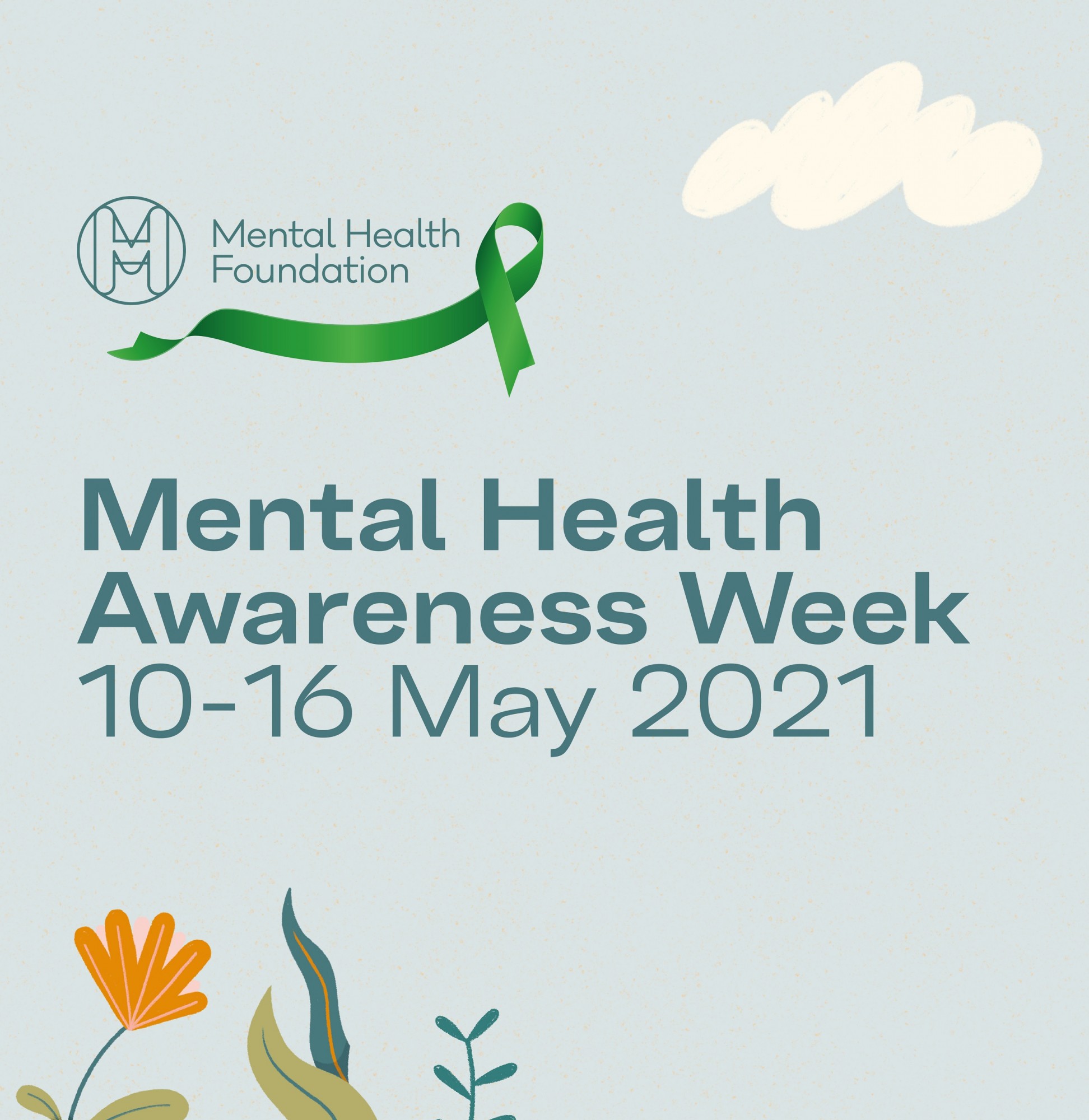Taking care of mental health
Good mental health and the launch of the new GCC Mental Health Resource Pack
10.05.21 Blog
Good mental health and the launch of the new GCC Mental Health Resource Pack
10.05.21 Blog
 The uncertainty of the last year has affected the mental health of people across the globe. Many of us are trying to navigate the challenges brought by the COVID pandemic and the feelings of isolation and anxiety. We can all take steps to look after our own mental health, as well as providing support and kindness to those that reach out to us. I have heard from many registrants that they now see more patients showing signs of emotional distress: tearful, distracted and anxious, for example.
The uncertainty of the last year has affected the mental health of people across the globe. Many of us are trying to navigate the challenges brought by the COVID pandemic and the feelings of isolation and anxiety. We can all take steps to look after our own mental health, as well as providing support and kindness to those that reach out to us. I have heard from many registrants that they now see more patients showing signs of emotional distress: tearful, distracted and anxious, for example.
Mental Health Awareness Week (10-16 May) reminds us to focus on achieving good mental health and to open up to other people who can provide emotional support. Now more than ever, we need to encourage conversations about mental health and emotional wellbeing – with family members, around friends and in the workplace.
Talking about mental health increases awareness and understanding. It’s important that we create workplace cultures in which people can speak about mental health concerns without fear and make it easier for people to reach out for help when they need it.
Why is mental health so important?
When we enjoy good mental health, we often have a sense of purpose and direction, the energy to do the things we want to do, and the ability to deal with the challenges that happen in our lives. A decline in our mental health can have an impact on the way we perform in our jobs and cause problems in our relationships with others.
How can I look after my mental health in five simple steps?
We all have times when we feel down, stressed or frightened. Most of the time these feelings pass. But sometimes they develop into a more serious problem and that could happen to any one of us. These five steps you can take to improve your mental health and wellbeing.
1. Open up to trusted friends, family members or a colleague.
Reaching out to friends, family and colleagues can help provide emotional support. Sharing a problem is often a positive first step.
2. Be with nature
The theme of this year’s Mental Health Awareness Week is ‘Nature’. According to research by the Mental Health Foundation, 45% of people report being in green spaces as vital for their mental health. Even small contacts with nature can reduce feelings of social isolation and be effective in protecting our mental health.
3. Learn new skills
Research shows that learning new skills can also improve your mental wellbeing by building a sense of purpose and helping you connect with others. There are lots of different ways to bring learning into your life but it’s best to find activities you enjoy such as working on a DIY project or trying a new hobby.
4. Take care of your physical health
Being active is not only great for your physical health and fitness. Evidence also shows it can also improve your mental wellbeing by raising your self-esteem and helping you to set goals or challenges and achieve them.
5. Practice mindfulness and meditation
Being in the moment and focusing on our breathing can give us a break from unwanted thoughts and help to regulate our feelings. Mindfulness allows us to reflect so that we are better able to cope.
If you or someone you know is struggling with mental or emotional issues, it’s important to get connected to the help you need. To help registrants access useful support and information on mental health and wellbeing, we have created a mental health resource pack. It includes tips and guidance and there are signposts to additional support services. The resource pack can be found here.
For some people, mental health conditions become complex and require support and treatment for life. If you start to feel like your emotional health is starting to impact you, it may be time to reach out for extra support.
Nick explains his support for good mental health and Mental Health Awareness Week 2021
No comments have been posted yet.